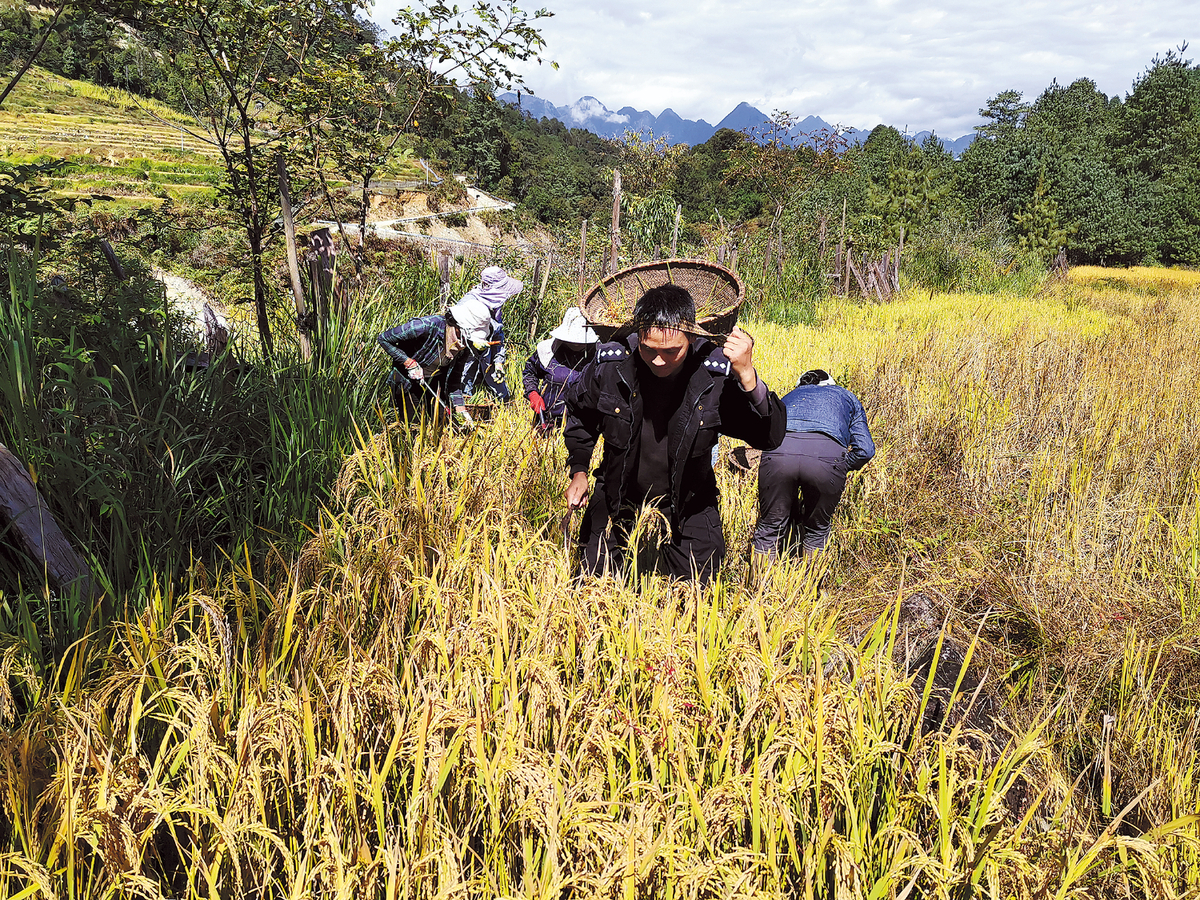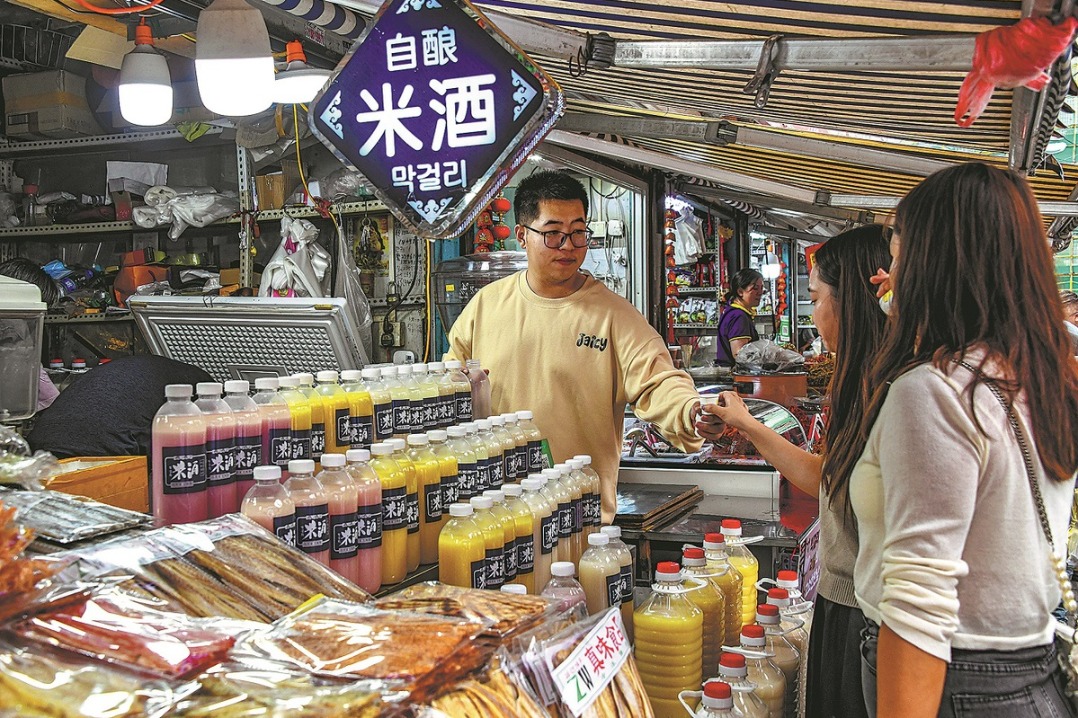Metog becoming magnet for tourism
County village capitalizes on conservation efforts to attract visitors to remote enclave in Xizang autonomous region
By CHEN LIANG in Metog, Xizang | CHINA DAILY | Updated: 2024-05-13 07:54

Following the tide
The tourism boom in Jeling has significantly transformed the lives of Wen and Drolma Chozong.
Originally from Nanchong city, Sichuan province, 42-year-old Wen first came to Metog in 2002 to serve in the People's Liberation Army stationed in Beibeng. He served in the county for eight years and met Drolma Chozong, a Monba woman from Jeling, in 2006.
The two married after Wen left the army in 2010. The couple have two children, a 13-year-old daughter and a 9-year-old son.
Since the Metog highway opened in 2013, the county has been known as the country's last to be connected by highway. "When we had just married, Jeling was a neglected and untamed piece of land," Wen said. "So we left Metog to find work in Lhasa (the capital of Xizang) and later in Sichuan."
In 2015, they decided to move back to Jeling. "Even though Jeling was remote and backward compared to my hometown, I missed the warm weather and slow pace of life here," Wen said.
Aided by a subsidy of 90,000 yuan from the government's poverty alleviation fund, the family built a two-story house in Jeling in 2017.
"Thanks to the government's assistance, we only had to use 70,000-80,000 yuan of our own savings to build the house," he said.
Their good fortune did not end there.
In October 2021, Huang managed to secure a special fund of 3 million yuan from the local government to decorate and renovate six households into homestays in Jeling. Wen's house was selected as one of the beneficiaries of this project, and he received 500,000 yuan for the upgrade.
The homestay project was completed in April 2022. Due to the impact of the COVID-19 epidemic, however, they were only able to start receiving visitors at full capacity last year. "Prior to last year, we hosted researchers, bird-watchers and botany enthusiasts from time to time," Wen said. "But last year, there was an influx of regular tourists. Especially in the summer, all the village's rooms were fully booked. When there were no rooms available, people even set up tents in our courtyards."
Besides the two guest rooms, the couple also run a restaurant in their homestay, which can serve about 40 guests. They are allowed to keep any earnings they make from the restaurant, but have to share most of what they make from their guest rooms with the village, Wen said.
"We can keep 40 percent of the earnings from our rooms, but we have to give another 40 percent to repay the village's investment in the upgrade project and 20 percent to the village's cooperative, which is responsible for homestay management and infrastructure maintenance," he said.
The rules for managing the homestays were collectively established by the villagers, he added.
Besides standardized room rates, a manager selected from the villagers is responsible for distributing visitors to the homestays.
"So the homestay owners don't need to compete to draw guests to their own places," Wen explained.
In 2022, the construction of an observation platform overlooking the village's tea plantation was completed. Jeling received 15,000 visitors that year, generating revenue of over 600,000 yuan and creating around 30 jobs for villagers.
Last year, revenue from tourism amounted to about 1.2 million yuan, Wen said.
Huang Jiabin left Jeling and returned to his former bureau in Nyingchi in June. He was informed about the actors' visit and is happy to see the village's growing popularity.
"I'm sure more people will come to visit Jeling, and the villagers will have an even busier summer than last year," he said.
























